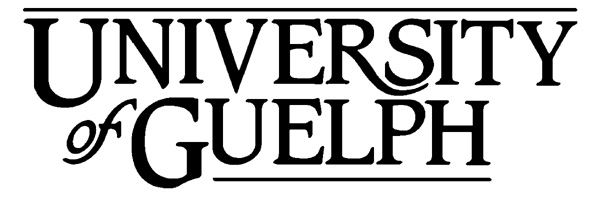Why should we care about conserving pollinators? Roughly 1 in 3 mouthfuls of food we eat depend on the pollination services of insects (hence the catchy name of this site). Most fruits, vegetables and nuts require at least some degree of animal pollination, so continued declines in pollinator abundance and diversity might lead to a less varied and nutritionally balanced diet. Economic values of pollination services to global agriculture (currently estimated at US$235–577 billion) continue to increase as demand for both the quantity and diversity of food continues to rise. Almost 90% of flowering plant species worldwide rely on animal-vectored pollination, making pollinators (particularly wild bees) an essential part of natural ecosystem function and wider cultural values. Reports surrounding global pollinator declines raise concerning issues of reduced agricultural productivity (due to pollination deficits) and reduced biodiversity and sustainability in natural ecosystems. In short, pollinators are beautiful, fascinating, diverse and essential creatures that we cannot afford to lose.
Nigel and members of the Raine Lab study the behaviour and ecology of pollinators, and the impacts of environmental stressors (e.g. pesticide exposure) on pollinator health. In their research the team aim to address fundamentally important scientific questions, that also have direct real-world benefits for pollinator conservation and sustainable agriculture. Engaging the relevant stakeholder groups, and communicating and translating research results in a useful and understandable way to the most appropriate audiences are critical parts of the Raine Lab mission.


